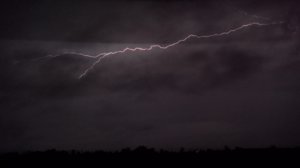James Hammett
EF4
I bet 4K video downsampled to 1080 would still look a whole lot better than most prosumer 1080p video. Manufacturers can get away with lower quality optics and sensors with standard HD and aren't using the format to its full potential (particularly with camcorders...DSLRs seem to be better)

